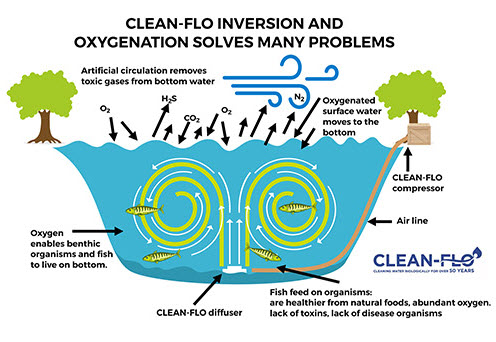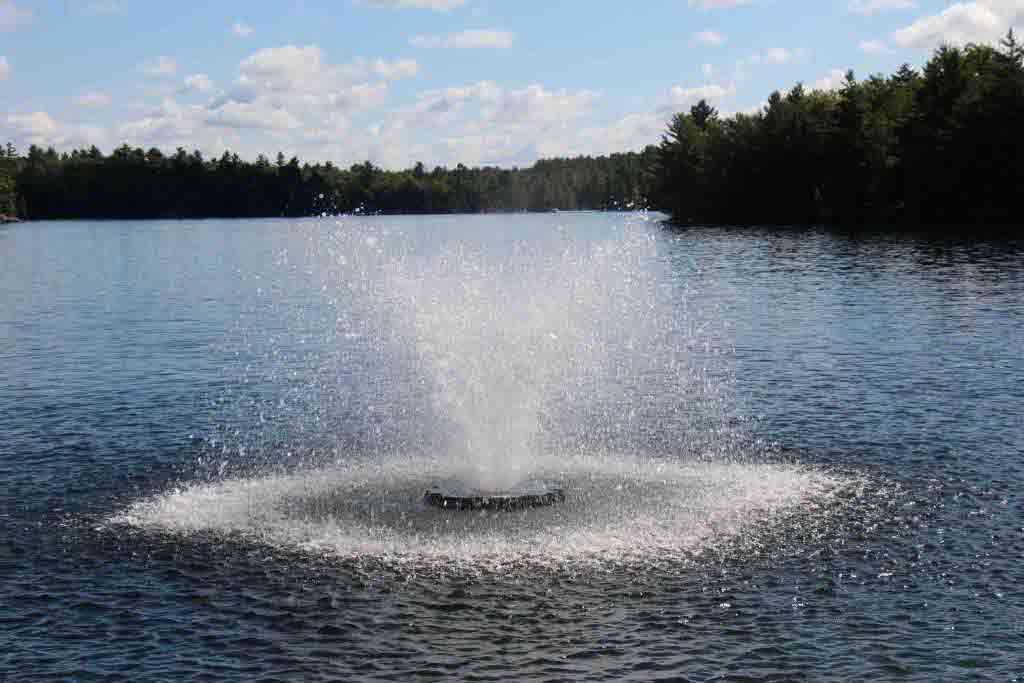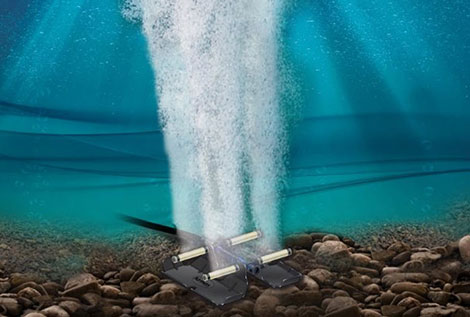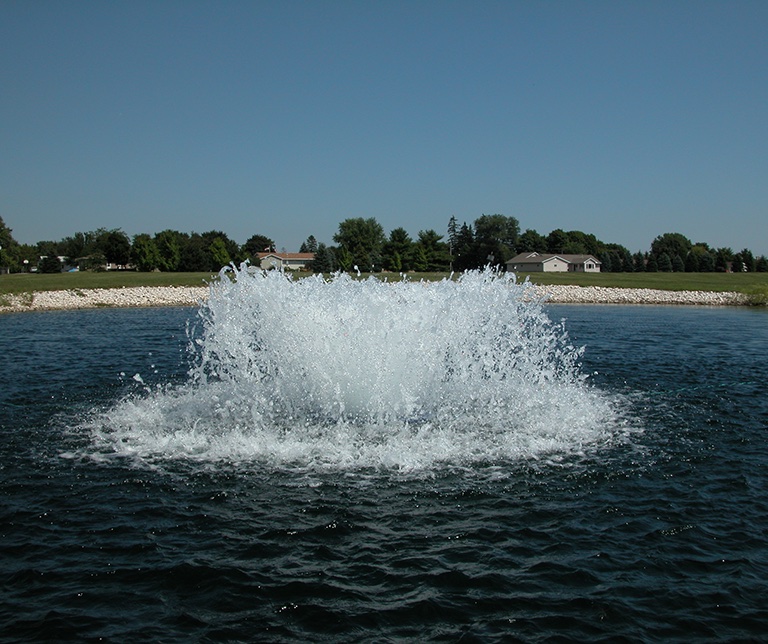Lake Restoration Costs
Does Lake Restoration Really Work? Do chemicals help restore a lake's ecosystem? While chemicals are effective in controlling algae blooms and removing invasive plants, they do little to improve the actual habitat of fish and wildlife. To build a new healthy ecosystem, physical changes must be made to the lake. While these changes can disturb the existing environment, certain considerations should be made when installing a new liner. Read on to learn more. Does lake restoration really work?



